The Importance of Performing in front of an Audience
When it comes to learning music, mastering your instrument is only part of the journey. Performance, particularly in front of an audience, is a crucial aspect that transforms a musician from a technical player into an artist.

Music is a wonderful journey for emerging talents. Whether your child is an aspiring pianist, violinist, or any other young musician in the making, the experience of performing is a crucial milestone in their musical education. It's not just about showcasing their skills; it's a remarkable confidence-building opportunity that can significantly impact their growth as musicians.
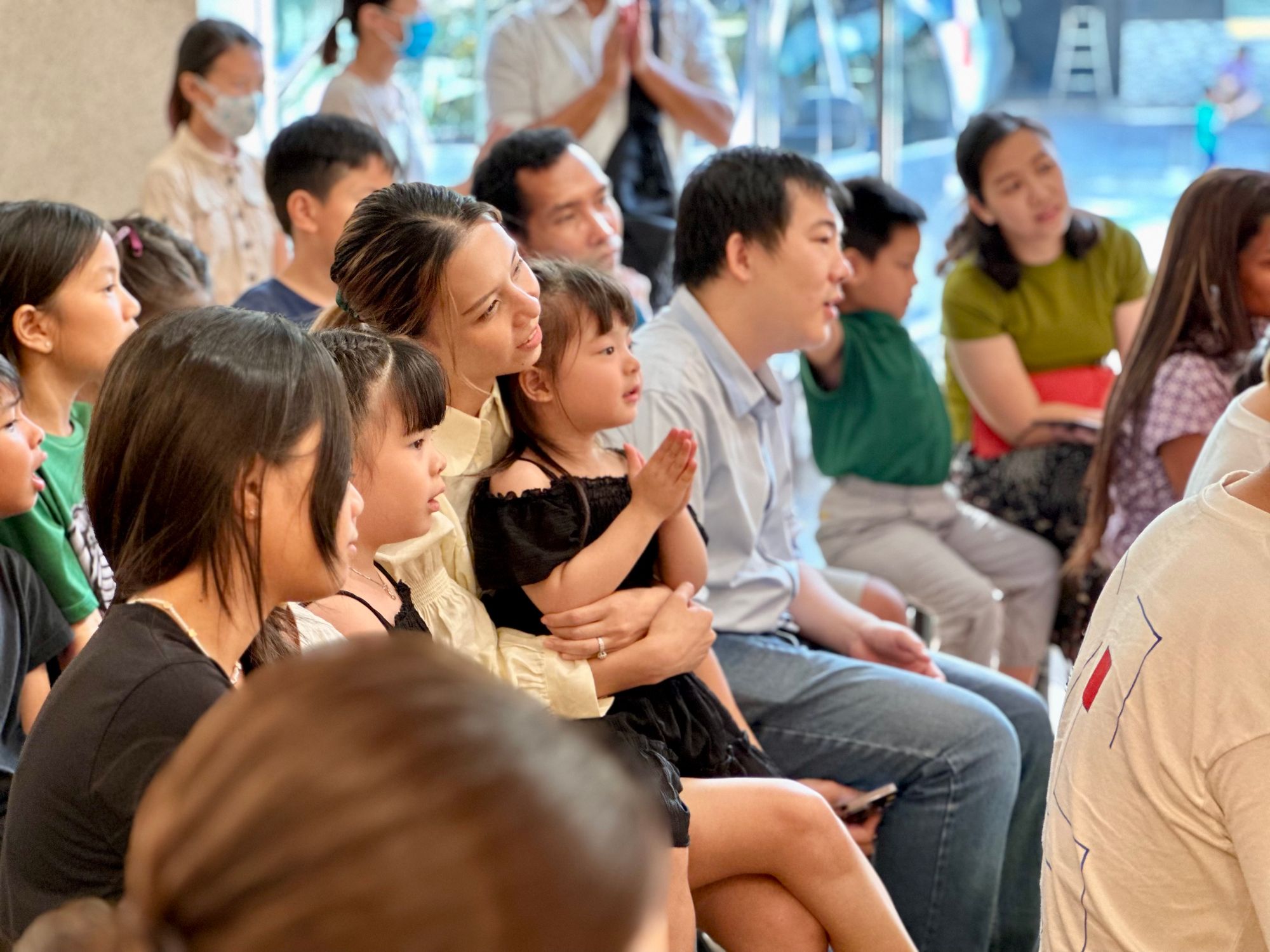
When it comes to learning music, mastering your instrument is only part of the journey. Performance, particularly in front of an audience, is a crucial aspect that transforms a musician from a technical player into an artist.
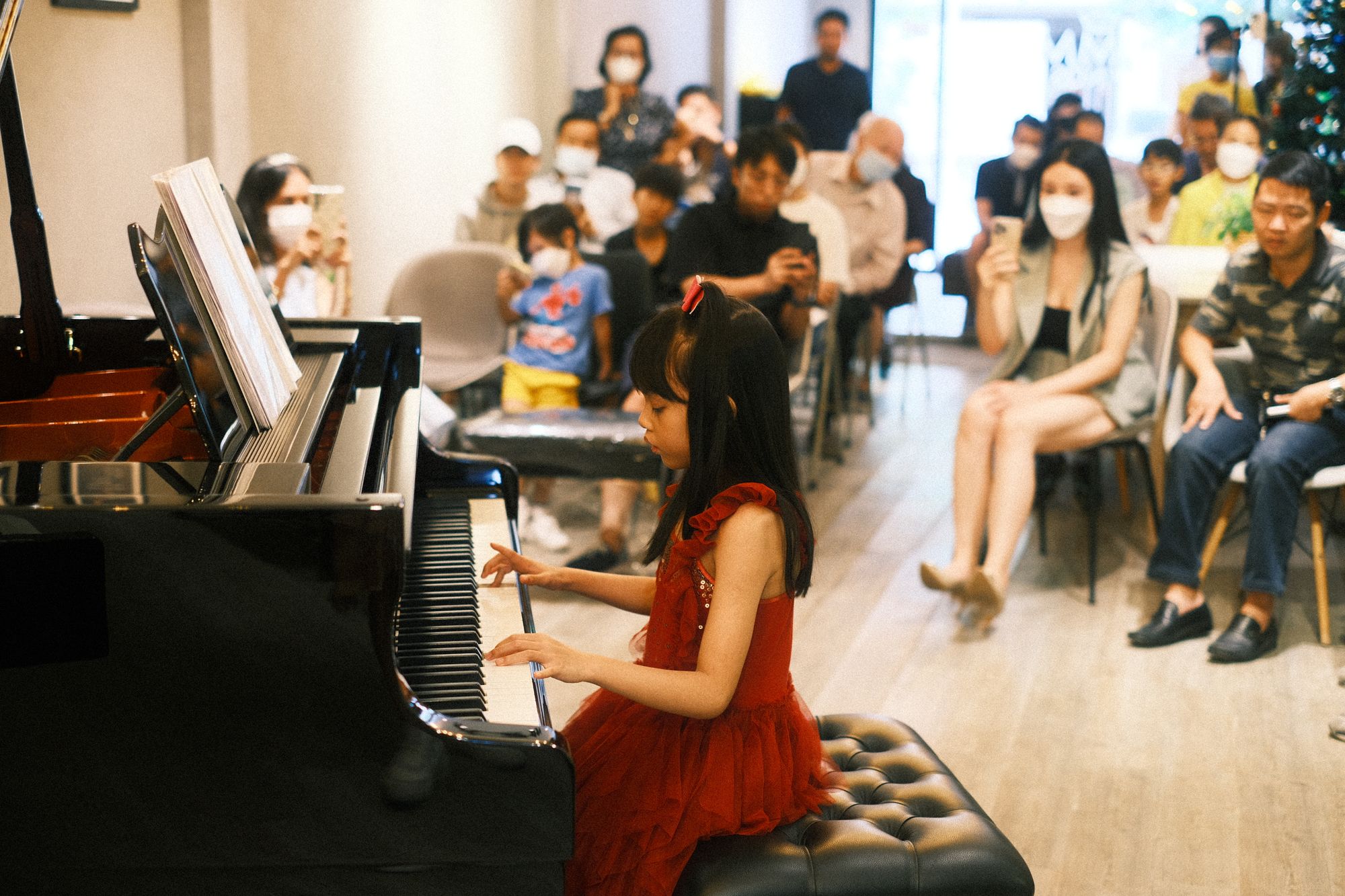
When young musicians take the stage, they embark on an inspiring adventure. For these young performers, the stage is where they get to shine, share their passion for music, and connect with an audience. But beyond that, performing plays a key role in their musical development. Here's how:
Building Confidence

Performing in front of an audience, whether it's a small family gathering, a school recital, or a local concert, helps young talents develop self-assurance. It's an incredible feeling to conquer stage fright and realize that they have what it takes to captivate listeners with their music.
Enhancing Skill Development
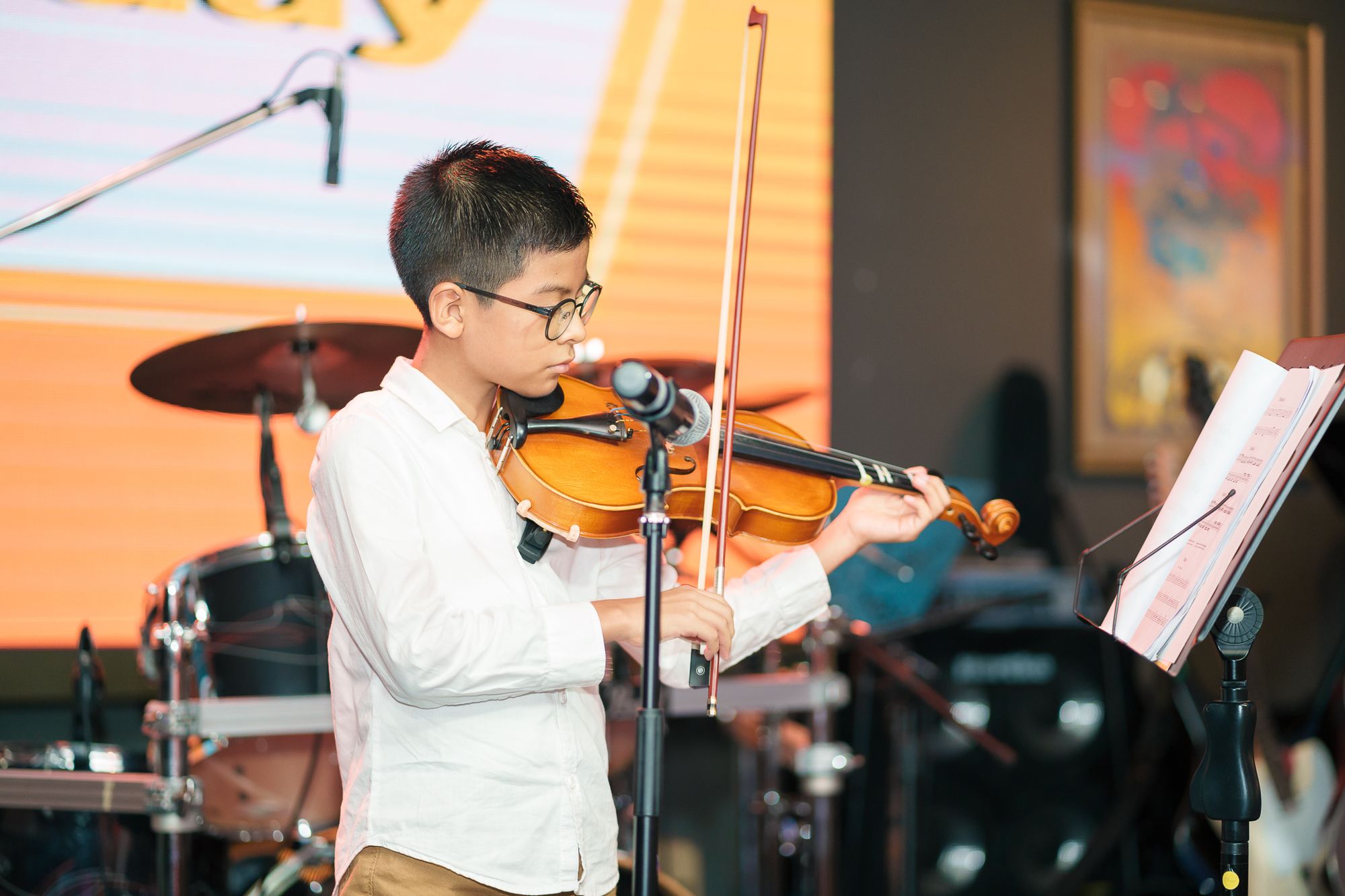
Playing for an audience encourages young musicians to put extra effort into their practice. It's a motivating force that pushes them to refine their techniques, musicality, and stage presence.
Overcoming Challenges

Performing isn't always flawless, and this is a valuable lesson for these emerging artists. Through performances, they learn how to cope with unexpected hiccups, adapt on the spot, and grow from these experiences.
Feedback and Improvement

Playing for an audience offers valuable feedback. You get to assess your strengths and identify areas for improvement. Critiques, if constructive, are the stepping stones for growth.
Fostering Emotional Expression
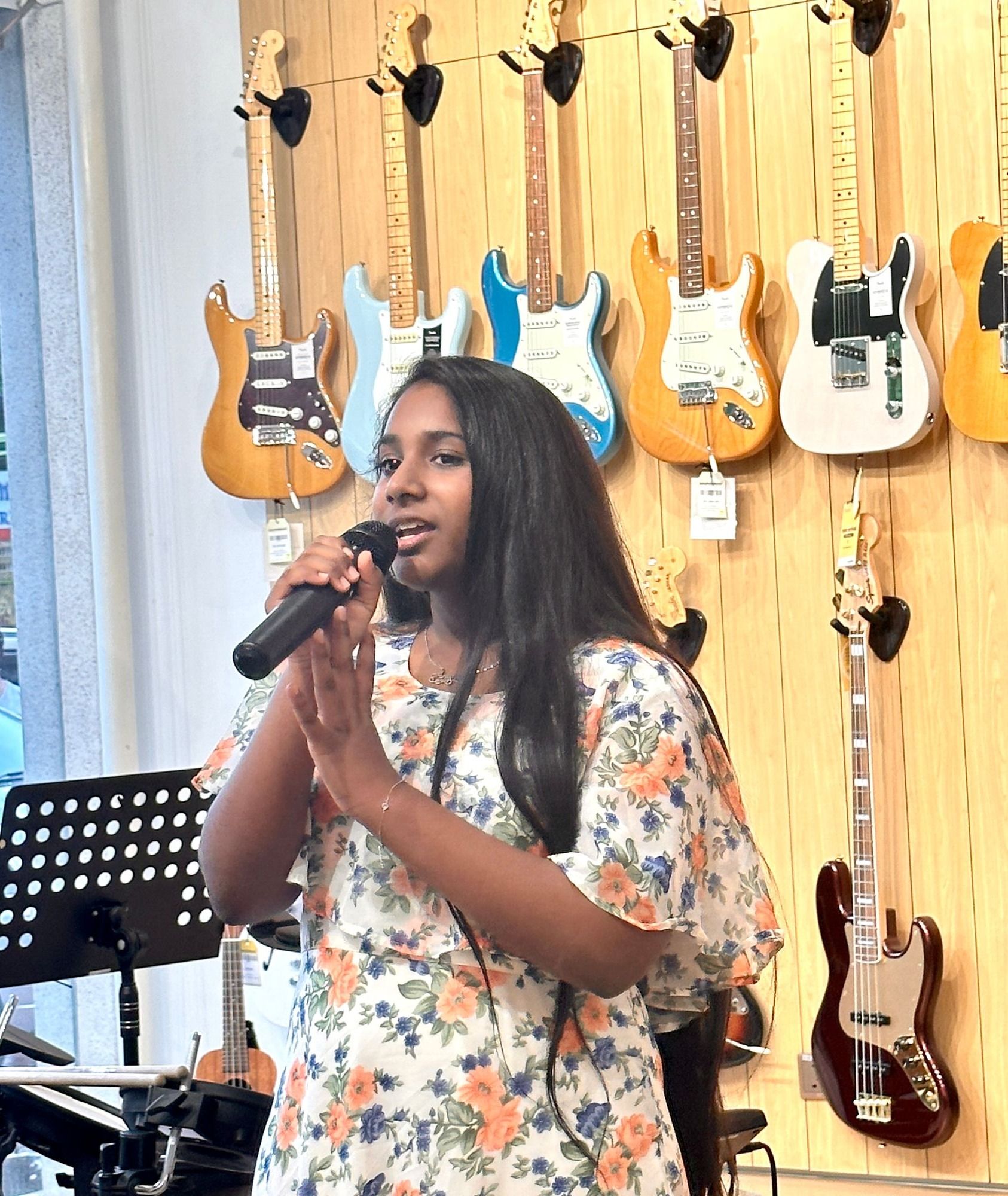
Music is a language, and through performing, young musicians learn how to communicate their emotions effectively. They discover the power of conveying feelings through their instruments, which enriches their musical interpretations.
Developing Discipline
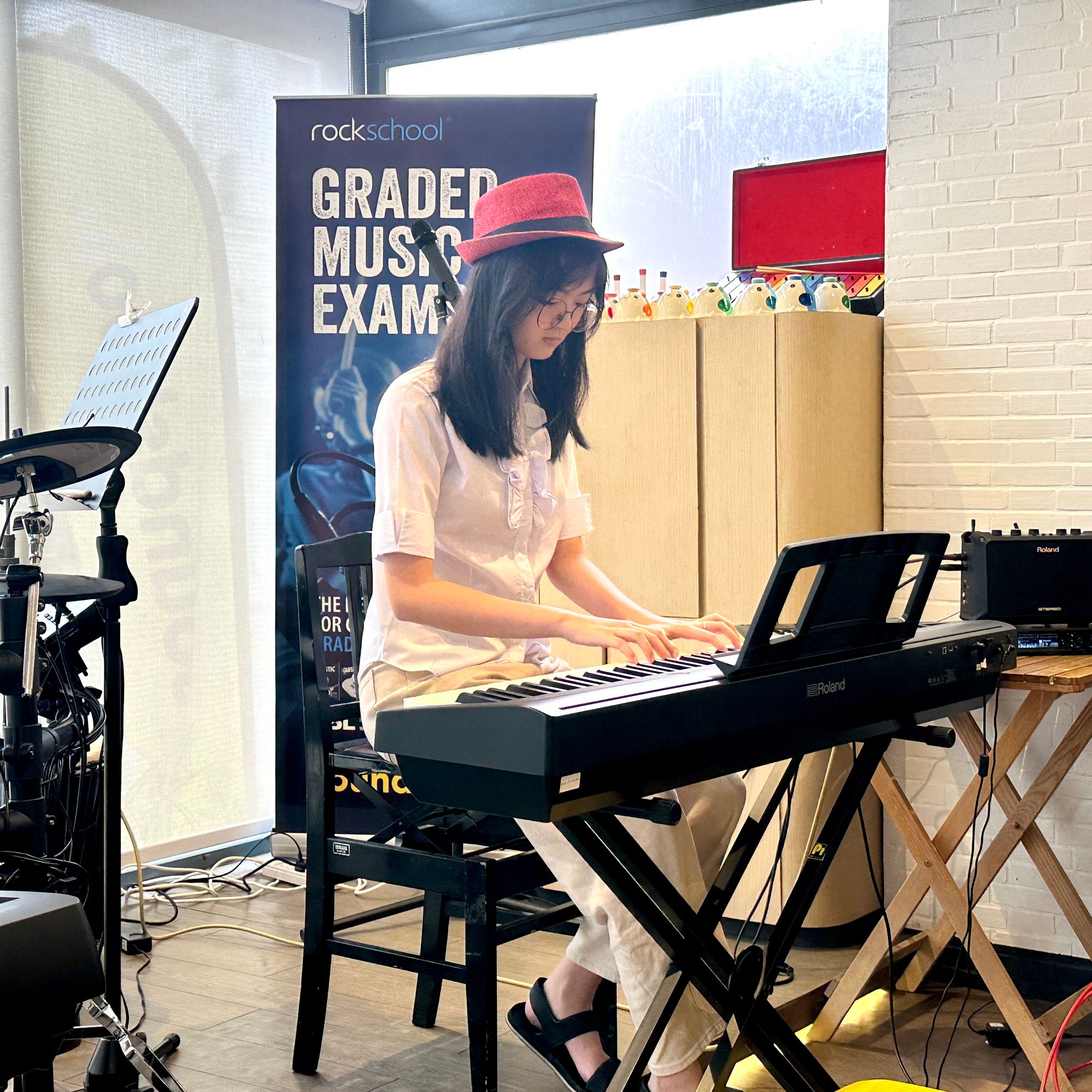
Preparing for a performance requires dedication and consistent practice. This commitment instills discipline and time management skills that extend far beyond the world of music.
Creating Memories
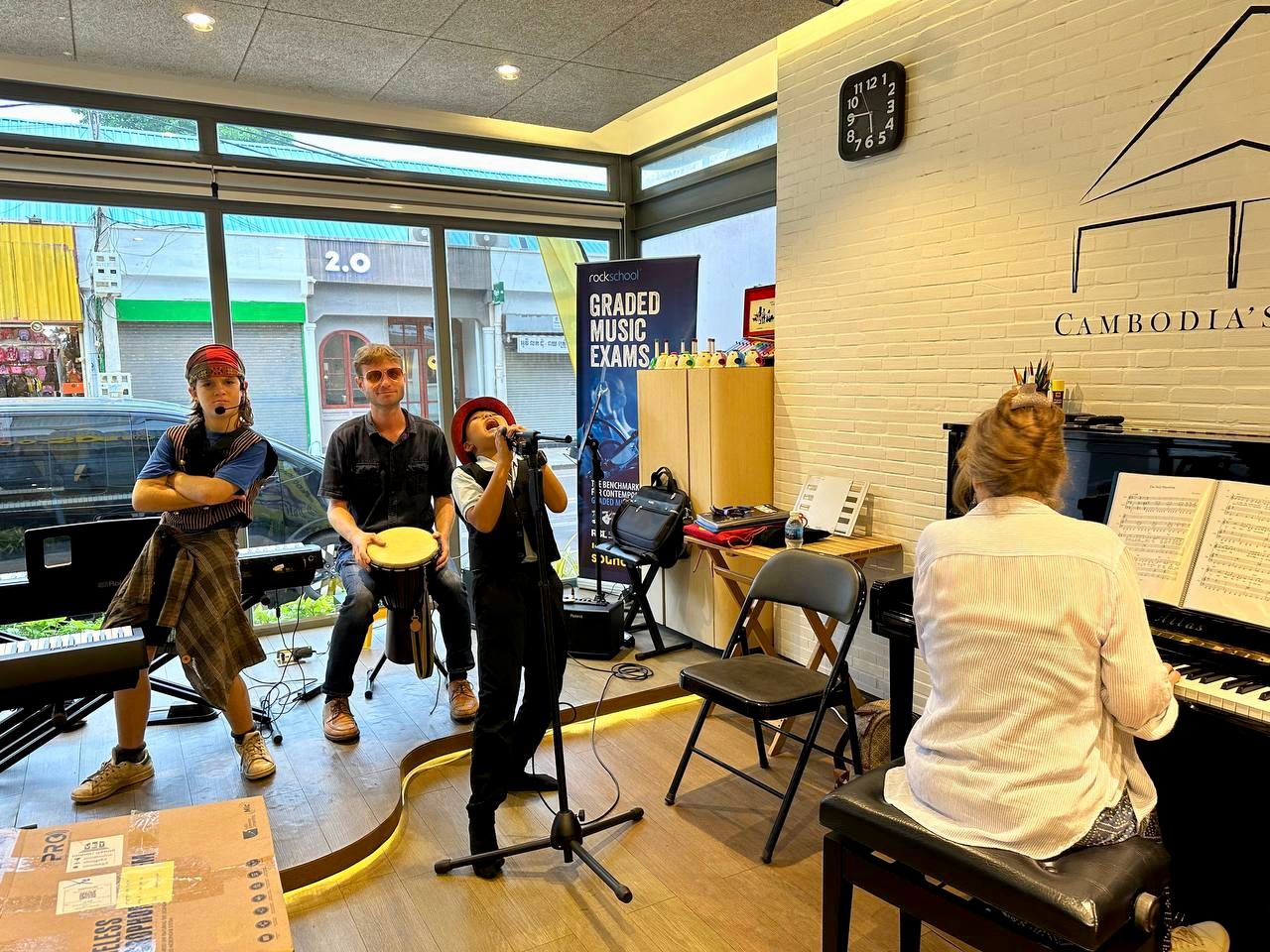
Live performances create unforgettable memories. These moments of connection with your audience and fellow musicians are what make the hours of practice worthwhile.


For families, supporting your young musician's journey is a gratifying experience. Attend their recitals, encourage their practice, and applaud their determination. By doing so, you're helping them unlock their full potential and fostering their love for music.

In conclusion, as the parents and families of these young aspiring musicians, please remember that their musical growth goes beyond just learning notes and rhythms. Performing is a pivotal element that equips them with invaluable life skills, building their confidence, and nurturing their development as young artists. So, encourage them to take the stage and embrace the magic of music.
Find us on Social Media
Subscribe to Soundskool's blog for more exciting updates!

